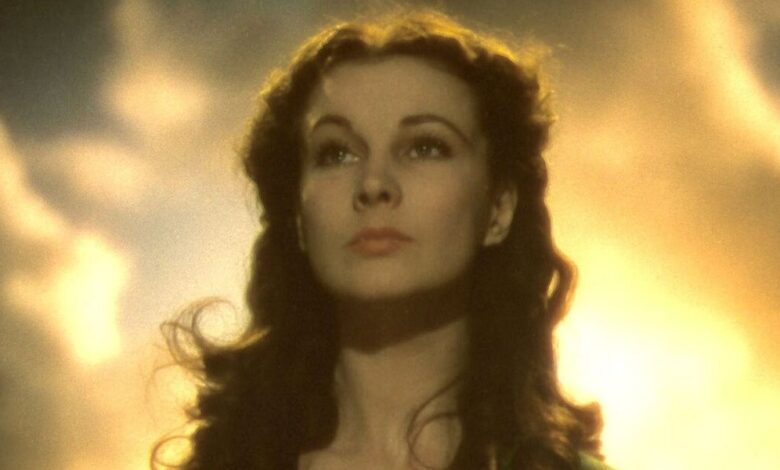Gone with the Wind’s Final Line Explained: The Power Behind “Tomorrow Is Another Day”

Gone with the Wind’s iconic final line — “After all, tomorrow is another day” — has echoed through cinematic history as a symbol of resilience, hope, and defiance. Uttered by the deeply flawed yet fiercely determined Scarlett O’Hara, the line serves as the emotional crescendo of one of the most complex character arcs in film.
Scarlett O’Hara (played by Vivien Leigh) is neither the helpless damsel in distress nor the invincible “badass” heroine. She’s impulsive, stubborn, and makes mistake after mistake — often at the expense of those closest to her. Still, Scarlett remains one of the most memorable female protagonists ever written because of her relentless pursuit of survival, even after tragedy.
Set against the American Civil War, Gone with the Wind follows Scarlett’s personal and emotional disintegration as she chases a fantasy with Ashley Wilkes (Leslie Howard) and fails to recognize the real love offered by Rhett Butler (Clark Gable). When Ashley finally admits he truly loved his late wife Melanie, Scarlett experiences a moment of painful clarity. She realizes that her obsession with Ashley was never love — and that the man she should have cherished, Rhett, is walking out the door for good.
Rhett, shattered by their daughter Bonnie’s tragic death and Scarlett’s lingering fixation on Ashley, decides to leave. His famous final line — “Frankly, my dear, I don’t give a damn” — stands in direct contrast to Scarlett’s. While Rhett gives up, Scarlett regroups.
Collapsed in grief, Scarlett hears echoes of voices from her past, calling her home — to Tara, the plantation that symbolizes both heritage and rebirth. It’s there she finds her purpose again. Through tears and resolve, she vows to return to Tara and rebuild, concluding with the iconic, “After all, tomorrow is another day.”
See More ...
This line isn’t just hopeful — it’s defiant. It captures Scarlett’s essence: undaunted, forward-looking, and ready to reclaim control even after total devastation. What initially feels like a moment of growth is actually a reaffirmation of her core identity: fearless, determined, and unapologetically herself.
In a broader sense, the quote reflects the spirit of post-war America, mirroring themes of national resilience and personal redemption. Scarlett’s plan to restore Tara, intertwined with her emotional journey, symbolizes a nation’s struggle to rebuild from ruin.
Gone with the Wind remains controversial for its depictions of race and Southern nostalgia, yet its central character endures as a complicated, compelling force of nature. Scarlett’s final line encapsulates both her failures and her fierce will to survive.




